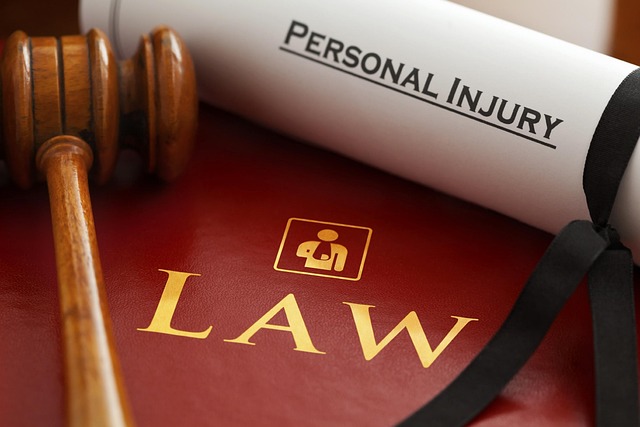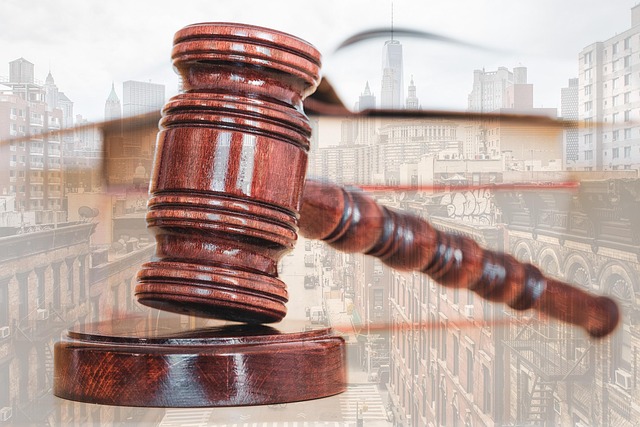The legal framework for healthcare heavily relies on evidence to establish criminal intent, ensure accountability, and protect patient safety. In medical malpractice cases, evidence evaluation is crucial for presenting compelling cases. Healthcare providers face a complex challenge balancing privacy rights and disclosure of sensitive patient data for criminal investigations while respecting confidentiality laws. The Role of Evidence in Establishing Criminal Intent plays a pivotal role in navigating these legal complexities.
In the dynamic landscape of healthcare, legal considerations play a vital role in shaping practices and patient outcomes. This article delves into key aspects of healthcare legal issues, focusing on the intricate balance between regulation, privacy, and admissibility of evidence. We explore the legal framework governing healthcare practices and its implications for medical malpractice cases. Additionally, we dissect the delicate tension between preserving patient privacy and facilitating disclosure for criminal investigations, with a special emphasis on the role of evidence in establishing criminal intent.
- Legal Framework Governing Healthcare Practices
- Admissibility of Evidence in Medical Malpractice Cases
- Balancing Privacy and Disclosure for Criminal Investigations
Legal Framework Governing Healthcare Practices

The legal framework governing healthcare practices is a complex web that varies significantly across the country, reflecting the diverse needs and perspectives of philanthropic and political communities. At its core, this framework relies heavily on evidence to establish criminal intent, ensuring accountability while mitigating potential errors. The role of evidence in navigating healthcare legal issues cannot be overstated; it serves as the linchpin connecting practices with regulatory compliance and patient safety.
Regulatory bodies across the country meticulously compile and scrutinize evidence to determine if healthcare providers have violated any laws or guidelines. In cases where criminal charges are pressed, establishing a clear chain of evidence becomes crucial for securing convictions or, in instances of complete dismissal of all charges, exonerating the accused. This delicate balance between enforcement and fairness underscores the critical importance of robust record-keeping and transparent data-sharing practices within the healthcare industry.
Admissibility of Evidence in Medical Malpractice Cases

The admissibility of evidence in medical malpractice cases plays a pivotal role in establishing criminal intent and determining liability. In such lawsuits, where patients seek justice for negligent or harmful treatments, robust and relevant evidence is indispensable. Legal professionals must carefully navigate the rules of evidence to present a compelling case. The court’s task is to ensure that only reliable and pertinent information is considered, allowing for a fair assessment of the medical practitioner’s actions.
Understanding evidentiary standards is crucial in achieving extraordinary results across the country. This includes evaluating the source and reliability of evidence, its relevance to the specific case, and adherence to legal protocols. A complete dismissal of all charges may hinge on the proper admission of evidence that conclusively shows a lack of malicious intent or professional negligence. Therefore, both plaintiffs and defendants require robust legal representation to present and challenge evidence effectively.
Balancing Privacy and Disclosure for Criminal Investigations

In the pursuit of justice, balancing privacy rights and disclosure for criminal investigations presents a complex challenge. Healthcare providers hold sensitive information about patients, which is protected by strict confidentiality laws. However, when this data might play a crucial role in establishing criminal intent, navigating these legal boundaries becomes paramount. The challenge lies in uncovering relevant evidence while respecting patient privacy, ensuring that the right balance is struck between these two essential aspects of the justice system.
An unprecedented track record of successful prosecutions across the country has highlighted the importance of this delicate equilibrium. Healthcare professionals must be vigilant in their role as guardians of patient information but also prepared to disclose when necessary to avoid indictment for obstructing justice. This intricate dance requires a nuanced understanding of legal obligations, ethical considerations, and the potential impact on both individuals’ rights and societal interests.
Understanding the legal framework governing healthcare practices, the admissibility of evidence in medical malpractice cases, and balancing privacy with disclosure for criminal investigations is crucial. These aspects play a pivotal role in ensuring patient safety, upholding ethical standards, and establishing criminal intent when necessary. By navigating these complex issues, healthcare professionals can foster a more transparent and accountable system, ultimately enhancing patient care and public trust. The role of evidence remains indispensable in resolving legal disputes and safeguarding the integrity of medical practices.






